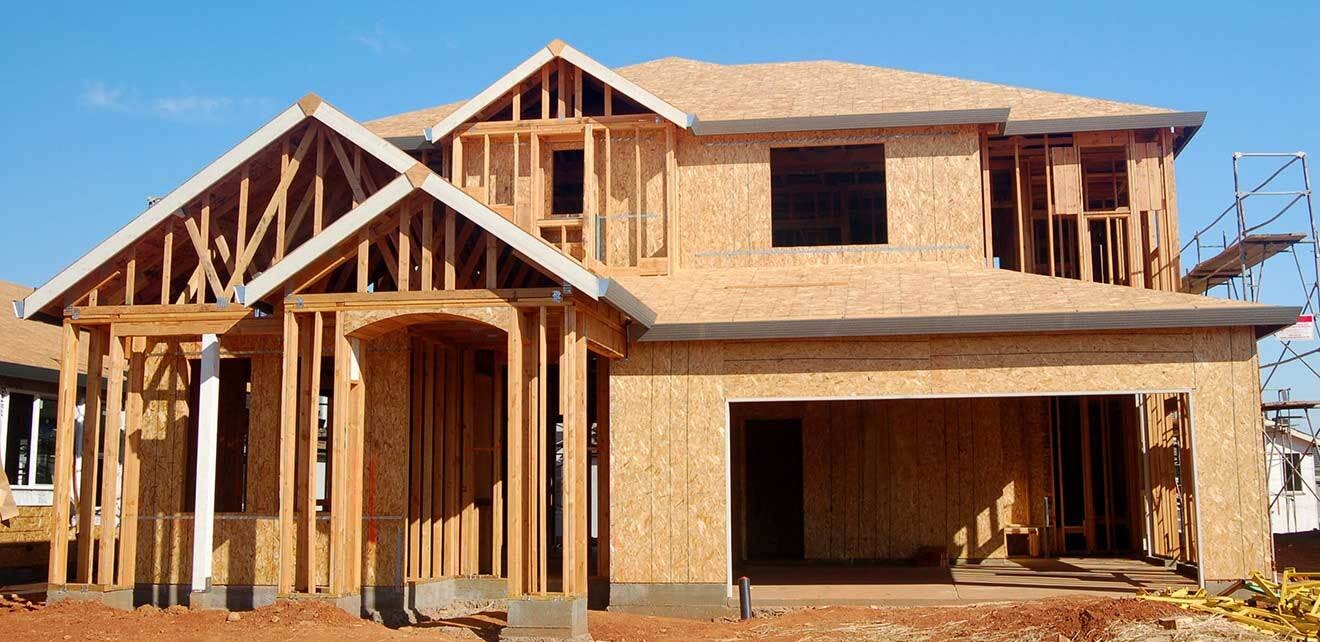Home > Blog
Read Time — 5 minutes
Residential Construction Project Manager Salary: What You Can Expect To Make

Now is a good time to be a residential construction project manager: The pay is good, the job market is growing, and the education requirements are reasonable. Consider this snapshot of the occupation’s general statistics from the U.S. Bureau of Labor Statistics:
- Median pay, as of May 2019: $95,260 per year, or $45.80 per hour
- Number of jobs in 2018: 471,800 (40% self-employed)
- Job outlook, 2018-28: 10% (growing faster than average)
To get an idea of nationwide variations, here are some breakouts by location:
- The top five states with the highest employment level: Texas, with an annual average wage of $97,970, or $47.10 per hour; then California, Florida, North Carolina, and Illinois.
- The top five states with the highest concentration of jobs: Colorado, with an annual average wage of $101,490, or $48.79 per hour; then Alaska, Hawaii, North Carolina, and North Dakota.
- The top five highest-paying states: New Jersey ($147,410), New York ($135,320), Delaware ($124,730), California ($121,540) and Rhode Island ($120,000).
Note that residential construction managers’ earnings are highly dependent on the amount of business they generate, and they often earn bonuses for jobs completed within contract-specified parameters of time and budget.
The Job Outlook
Construction managers are in demand whenever and wherever construction activity expands. Through 2028, population and business growth should result in the construction of new homes, office buildings, retail outlets, hospitals, schools, restaurants, and other structures, along with other types of construction. The job market is widened further by the growing emphasis on retrofitting older buildings to make them more energy-efficient.
What They Do
Residential construction project managers, often called general contractors, coordinate and supervise the building of homes; the construction manager may also consult with the client during the design phase to help refine construction plans and control costs. Their main goal for any job is to ensure it is completed on time and within budget.
Many residential construction managers have a main office but spend most of their time working out of a field office at a construction site, where they monitor the project and make daily decisions about construction activities. Most construction managers work full time. However, the need to meet deadlines and to respond to delays and emergencies often requires construction managers to work additional hours. They may also be on call 24 hours a day.
In their daily work, residential construction project managers typically:
- Prepare cost estimates, budgets and work timetables
- Schedule and coordinate all construction processes so that projects meet design specifications, on time and within budget
- Interpret and explain contracts and technical information to other professionals
- Report work progress and budget matters to clients
- Collaborate with architects, engineers, and other construction specialists
- Hire specialized contractors and trade workers such as stonemasons, electricians, and carpenters
- Respond to work delays, emergencies and other problems
- Ensure every project complies with legal requirements, building and safety codes, and other regulations
According to the U.S. Bureau of Labor Statistics, construction managers often perform the tasks of a cost estimator to maximize efficiency and productivity. They use specialized cost-estimating and planning software to show how to allocate time and money in order to complete their projects. Many construction managers also use software to plan the best way to get materials to the job site.
There is where BOLT Software comes in. Our owners had 40 years of achievement in contracting when they realized the time had come for a technological tool that could manage all aspects of the residential construction business – planning jobs, working efficiently as a team, and serving as the one source for all job information and communication. This includes all document management, scheduling, and estimating functions. Most importantly, BOLT Software is cloud-based and mobile, so construction managers and all their crews can access up-to-date details of any job from anywhere and through any mobile device.
Education
Construction management job seekers with a high school diploma and several years of relevant work experience may qualify to become residential construction managers. However, construction processes and building technology are becoming more complex, requiring greater oversight and spurring demand for specialized management skills. This means job seekers with a bachelor’s degree in construction science, construction management, or civil engineering, coupled with construction experience, will have the top job prospects.
Finding an appropriate educational program isn’t hard, as more than 100 colleges and universities offer accredited bachelor’s degree programs in construction science, building science or construction engineering. These programs include courses in project control and management, design, construction methods and materials, cost estimation, building codes and standards, and contract administration. Courses in mathematics and statistics are also relevant.
In addition to four-year programs:
- More than 50 two-year colleges offer construction management or construction technology programs. An associate’s degree combined with work experience is typical for managers who supervise smaller projects.
- A few universities offer master’s degree programs in construction management.
Today’s construction managers typically must have a bachelor’s degree, and many learn management techniques through on-the-job training. New construction managers are typically hired as assistants and work under the guidance of an experienced manager. This training period may last several months to several years, depending on the firm. Other on-the-job experience often comes from internships and cooperative education programs.
Ready to Get Started?
If this has inspired you to take steps toward becoming a residential construction project manager, welcome to the field! We hope you’ll find it as rewarding as we do. If we may offer some advice, plan your business on the principles of lean construction from day 1:
- Don’t even start with paper; go mobile and cloud-based
- Develop your one trusted source for all job information
- Learn how to improve your operations from every job you complete.
Bolt Software supports these efforts while simplifying the job of a residential construction project manager. To learn more about Bolt Software, contact a member of our knowledgeable team today.



